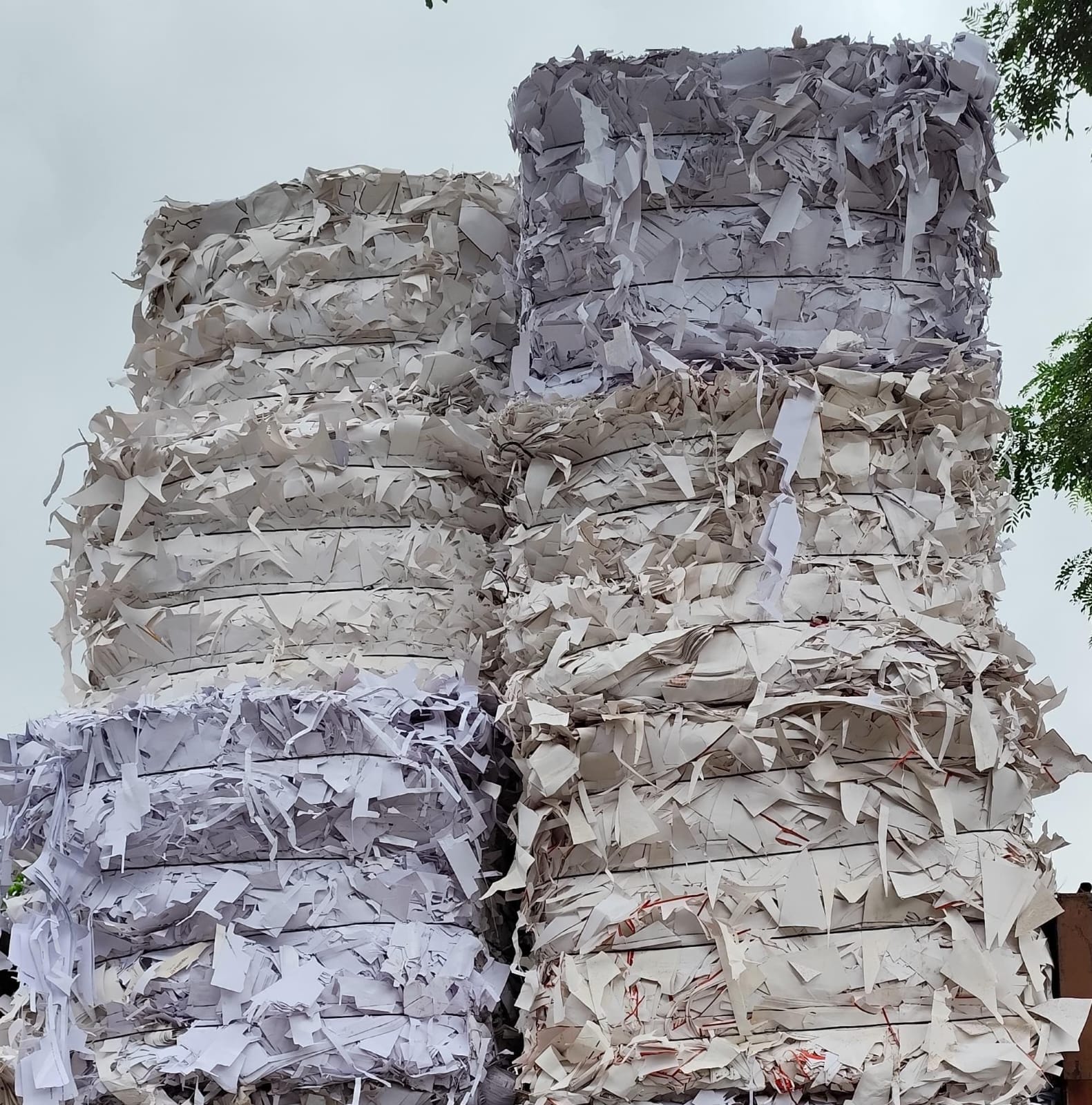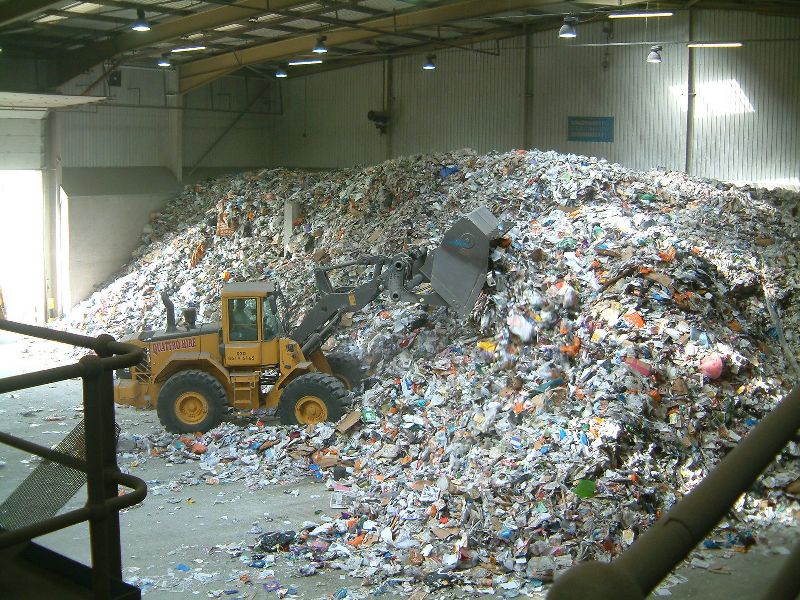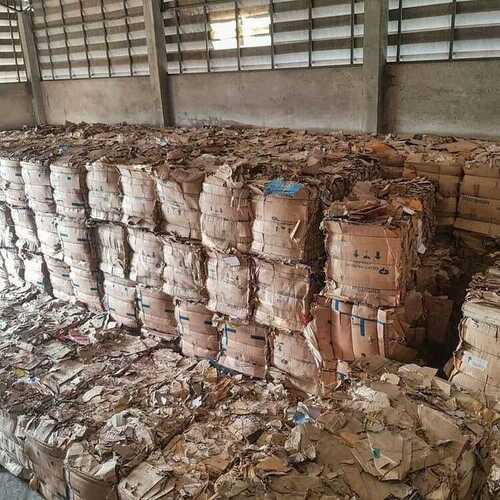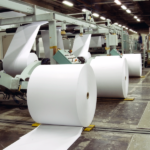“Transforming Waste Paper into Eco-Friendly Solutions in India”


WASTE PAPER
The waste paper industry in India is an integral part of the country’s recycling ecosystem and contributes significantly to both environmental sustainability and economic growth. The sector helps reduce dependency on virgin pulp and plays a pivotal role in the production of recycled paper, which accounts for a significant proportion of the raw material used in the Indian paper industry. waste paper mart near me .
Historically, paper production in India dates back to the early 19th century. Initially, the industry was small-scale and used local raw materials such as bamboo, jute and grass. waste paper mart near me . Over the decades, the industry has evolved, introducing modern machinery and methods, which has led to increased production capacity and efficiency.
Paper recycling, in particular, began to gain importance in the mid-20th century, as environmental awareness grew and resource conservation became a pressing issue. waste paper mart near me . Initially informal and small-scale, the waste paper recycling industry has since expanded and formalized, with increased involvement from both the private sector and government.
The Indian waste paper recycling industry is worth approximately USD 3 billion and is growing at a compound annual growth rate (CAGR) of approximately 8%. The sector covers collection, sorting, processing and distribution of waste paper. Collection is an essential element, involving a large network of households, commercial establishments and industrial sources. After the collection, the waste paper undergoes sorting to remove contaminants and is then transformed into materials usable by pulp, cleaning and sometimes drift.
The Indian paper industry uses different types of waste paper, including post-consumer waste such as newspapers, magazines and packaging materials, as well as post-industrial waste, which includes offcuts and rejects from manufacturing processes. Deinked paper is another important category, involving paper from which the ink has been removed for reuse. These materials are processed using advanced recycling techniques, including pulping, washing and in some cases bleaching, to produce high-quality recycled paper.
WASTE PAPER MART NEAR ME ?
The Indian government has played a significant role in shaping the waste paper recycling industry through various policies and regulations. National policies encourage recycling with initiatives such as the National Recycling Policy and Extended Producer Responsibility (EPR), which mandate manufacturers to take responsibility for the end-of-life management of their products. Compliance with environmental regulations set by bodies like the Central Pollution Control Board (CPCB) ensures that the industry operates sustainably.
Despite its growth and importance, India’s wastepaper industry faces several challenges. Collection infrastructure remains underdeveloped in many areas and often relies on informal networks that lack efficiency and consistency. waste paper mart near me . Quality issues, such as contamination and inadequate sorting of waste paper, also hinder the recycling process. Furthermore, high transportation and energy costs impact the profitability of recycling operations.

Nonetheless, there are numerous opportunities in this sector: technological advances in the recycling process have the potential to improve efficiency and reduce costs. Rising environmental awareness among consumers and industry is driving demand for recycled paper products and India’s large manufacturing capacity has positioned the country as a potential exporter of recycled paper to neighboring countries and beyond.
The future of the Indian waste paper industry looks bright. Projections indicate a continued growth rate of around 10% over the next decade. It is expected that a lasting practice, due to the principles of a circular economy, will play an important role in the development of the industry. This includes optimizing the use of resources, minimizing waste and creating systems with a closed outline, which provides maximum use of materials.
Recycling waste paper involves several steps, each of which helps transform discarded materials into usable products. The process begins with gathering, which often involves a combination of formal and informal networks. Rag collectors, small-scale collectors and municipal waste management systems collect paper waste from residential, commercial and industrial sources. After collection, the waste paper is sorted according to quality, type and contamination level. Sorting is a key step that determines the quality of the processed product.
Pulping is the next step, where the sorted paper is mixed with water and chemicals to break it down into fibers. This mixture is refined to remove impurities such as plastics, metals, and other contaminants. Deinking, a specialized process, is employed for printed papers to remove inks and dyes, ensuring the resulting pulp is suitable for reuse. Depending on the desired end product, the pulp may undergo further processing, including bleaching, to achieve specific quality standards.
Recycled paper products include various grades of paper and paperboard for sectors such as packaging, printing and publishing. Corrugated cardboard, tissue paper, newsprint and office paper are some of the common products made from recycled pulp. The growing demand for environmentally friendly packaging solutions, driven by e-commerce and retail, has further expanded the market for recycled paper products.
The environmental benefits of recycling waste paper are significant. Recycling one ton of paper saves approximately 17 trees, 7,000 gallons of water and 4,000 kilowatt hours of electricity. It also reduces greenhouse gas emissions and discharge waste, contributing to a cleaner and more stable environment. In addition, the use of paper transformed into production requires much less energy compared to the production of virgin cellulose, which makes it an economically effective and environmentally friendly alternative.
It has a major social impact on the Indian waste disposal industry. Unofficial sector, especially in unofficial sector, provides thousands of people the possibility of employment. Ragpickers and small-scale collectors play an important role in the supply chain, earning a living by collecting and sorting waste. Efforts to integrate these workers into the formal economy and improve their working conditions continue with the support of non-governmental organizations (NGOs) and government initiatives.
In recent years, technical results have revolutionized the elimination process of waste. Automated sorting systems, very effective cookies, and improved separation technologies have improved processing efficiency and quality. Innovations in bio-based additives and eco-friendly chemicals will further improve the sustainability of the recycling process. This research and development work aims to develop new ways to recycle previously unrecyclable paper products, thereby expanding the reach of the industry.
Global demand for recycled paper is on the rise, creating huge export opportunities for India. Countries in Europe and Asia with stringent environmental regulations and limited recycling capacity are increasingly buying recycled paper from India. Exporting recycled paper will not only generate foreign exchange but also strengthen India’s position in the global recycling market.
The role of education and awareness in promoting paper recycling cannot be overstated. Public campaigns, school programs and corporate initiatives are essential to encourage individuals and businesses to participate in recycling efforts. Awareness drives highlighting the environmental and economic benefits of recycling can significantly boost waste paper collection rates and reduce contamination levels.

The cooperation between stakeholders is important for the growth and success of the waste industry. Partnerships between public institutions, private companies, non -governmental organizations, and university facilities can stimulate innovation, improve infrastructure, and solve problems. For example, public -private partnerships (PPPs) can help you develop an effective waste collection system and establish advanced recycling facilities.
India’s urbanization and industrialization has led to increased paper consumption, further highlighting the need for effective waste management solutions. The country generates millions of tonnes of waste paper every year, much of which remains unused due to inefficient collection and recycling systems. Strengthening these systems and addressing logistical challenges is essential to realizing the industry’s full potential.
The economic impact of the paper recycling industry goes beyond recycling. This sector supports a wide range of auxiliary industries, such as transportation, machine production, and chemical production. The development of these industries has contributed to employment creation, skill development, and general economic growth.
Government incentives and policy frameworks play a key role in encouraging investment in the waste paper industry. Subsidies for setting up recycling plants, tax benefits for using recycled materials, grants for research and development, etc. are some of the measures that can attract investors and promote the growth of the industry. In addition, by securing more severe waste management and disposal rules, you can stimulate the requirements and ensure the stability of the sector.
Digital integration is transforming the paper recycling industry. Mobile apps and online platforms facilitate the collection and trading of waste paper by directly connecting buyers and sellers and reducing transaction costs. Data analytics and artificial intelligence (AI) are used to optimize operations, predict market trends, and improve decision-making processes.
The role of international collaboration in shaping India’s recovered paper industry cannot be overlooked. Partnerships with global organization and adoption of best practices from other countries can make the industry more efficient and competitive. Leveraging the experience of countries with advanced waste recycling systems such as Germany and Japan can provide valuable insights for improving paper waste management in India.
Education and training programs are essential to developing a skilled workforce in the paper recycling industry. Vocational training centers and workshops can provide workers with the knowledge and skills needed to operate advanced recycling technologies and ensure workplace safety. Empowering workers through education not only increases productivity, but also improves their quality of life.
Another aspect of the Indian waste paper industry is its role in reducing deforestation and conserving biodiversity. By recycling paper, the industry reduces the demand for wood raw materials, thereby helping to protect forests and the wildlife that inhabits them. Combining sustainable forestry practices with enhanced recycling activities is essential to maintain ecological balance and mitigate the effects of climate change.
The waste industry also contributes to the circular economy, expanding the life cycle of paper products. Instead of rejecting after use, paper products can be treated several times, reducing waste and the economy of resources. This approach aligns with global sustainability goals and enhances India’s reputation as a responsible and innovative player in the global market.
Investments in research and development are driving new innovations in the paper recycling industry, such as the development of waterless purification processes and enzymatic digestion technologies that reduce the environmental impact of processing operations. These advances not only improve efficiency but also open up new opportunities for processing complex paper products such as laminated and coated papers.
Community participation plays a key role in the success of paper recycling initiatives. By involving the community in collection and awareness programs, the industry can foster a sense of ownership and responsibility among residents. The community disposal programs were effective in improving the betting rates and reducing pollution, demonstrating the power of collective actions in solving environmental problems. WASTE PAPER .
The future of the Indian waste paper industry is closely tied to global trends and developments. As international markets increasingly prioritize sustainability, India has the opportunity to position itself as a leader in recycled paper production. By adopting best practices, investing in infrastructure and fostering innovation, the industry can scale new heights and contribute to a more sustainable world.
The Indian waste paper industry is a dynamic and multifaceted sector with immense potential for growth and sustainability. By addressing challenges, leveraging opportunities and fostering collaboration among stakeholders, the sector can achieve significant progress. His contributions to environmental conservation, economic development and social empowerment underscore his importance in India’s journey towards a sustainable future.
The role of international collaboration in shaping India’s recovered paper industry cannot be overlooked. Partnerships with global organisations and adoption of best practices from other countries can make the industry more efficient and competitive. Lessons learned from the experiences of countries with advanced recycling systems such as Germany and Japan could provide valuable information for improving waste management in India.
Education and training programs are important to develop a skilled workforce in the paper recycling industry. The vocational training center and seminars can argue with workers with the knowledge and skills needed to ensure advanced treatment technology and work safety. Thanks to education, the expansion of workers’ rights and abilities not only improves productivity, but also improves the quality of their lives.

Another aspect of India’s paper industry is its role in reducing deforestation and protecting biodiversity. Recycling paper reduces the demand for wood raw materials, helping to protect forests and the wildlife that lives there. WASTE PAPER Combining sustainable forestry practices with enhanced recycling activities is essential to maintain ecological balance and mitigate climate change.
The paper recycling industry also contributes to a circular economy by extending the life cycle of paper products. “Paper products can be recycled multiple times, rather than being used once and then thrown away, reducing waste and conserving resources. This approach is in line with the Global Sustainable Development Goals and strengthens India’s reputation as a responsible and innovative player in the global market.
” Investing in R & D stimulates new innovation in the waste disposal industry. For example, the development of separation process without soul and enzyme cookie reduces the effects of environmental treatment operation. These advances not only improve efficiency but also open up new opportunities in the processing of complex paper products such as laminated and coated papers.
Public participation plays a key role in the success of paper recycling efforts. By engaging local communities in collection .
Community engagement plays a vital role in the success of waste paper recycling initiatives. By involving local communities in collection and educating them about the importance of recycling, the industry can achieve higher collection rates and better quality raw materials. Schools, universities, and public organizations function as an educational and enlightened campaign center and can contribute to the development of treatment from an early age.
The shift towards sustainable practices in sectors such as e-commerce and retail is further increasing the demand for eco-friendly packaging materials. The paper recycling industry is uniquely positioned to meet this demand by producing recycled packaging solutions. WASTE PAPER Companies are increasingly accepting processing and biodegradable materials to comply with consumer preferences and regulation requirements, creating additional growth opportunities to the industry.
In addition, the integration of renewable energy sources in recycling operations is gaining momentum. Processing plants study the use of solar energy and wind energy to power their operations, reducing carbon trace and contributing to the goals of the renewable energy of India. WASTE PAPER Such initiatives increase the stability of the industry and position it as a leader in environmentally friendly practice.
The role of the technology in the selected papers in monitoring and management cannot be overrated. Digital platforms provide effective management of supply chains and provide real -time data for collection, transportation and processing. Blockchain technology is being researched to ensure transparency and traceability of the recycling process and solve issues related to quality and compliance.
As India continues to urbanize and industrialize, the paper recycling industry will play an increasingly important role in managing the country’s waste and conserving resources. Addressing issues such as inefficient collection systems and quality issues will enable the industry to realize its full potential and contribute to India’s Sustainable Development Goals. WASTE PAPER With innovation, collaboration and continued investment, the Indian recovered paper industry is poised for a brighter and more efficient future.
Historically, the production of paper in India dates back to the beginning of the 19th century. Initially, the industry was small, rested on local raw materials, such as bamboo, jute and grass. WASTE PAPER For decades, the sector has been developed, including the latest machines and methods that have led to higher performance and efficiency.
In particular, as the environmental awareness increased, and the preservation of resources became an emergency problem, the disposal of paper waste began to be fame in the mid -20th century. Initially informal and small-scale, the waste paper recycling industry has since expanded and formalized, with increased involvement from both the private sector and government.





